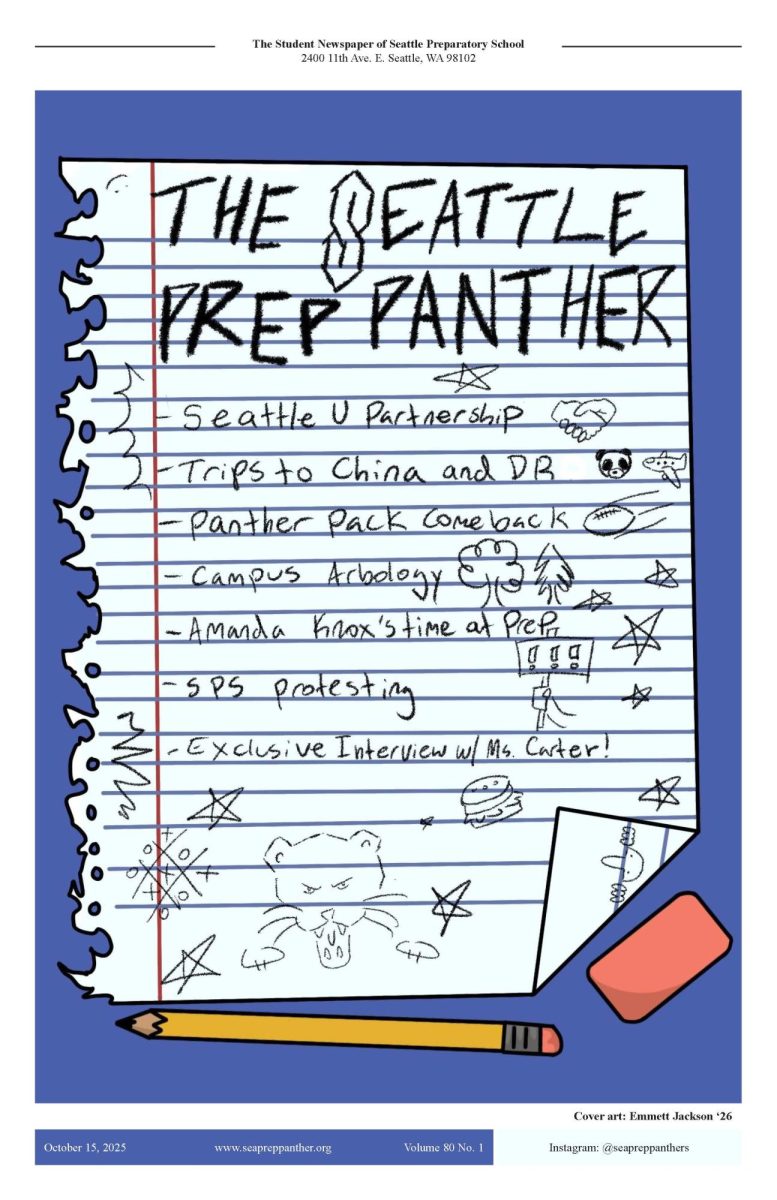“Information, knowledge, is power. If you can control information, you can control people” -Tom Clancy.
Throughout history, access to books has been key to freedom; thus, burning books has been prevalent in every dictatorial authoritarian regime and government. Burning books has become symbolic of the immense importance of media in society. Whenever a totalitarian leader rises to control, or in an act of war, books always seem to be ravaged. This common theme of burning books can be shown in the great burning of the Library of Alexandria by Julius Caesar 323 B.C., the burning of any “anti-German” or Jewish texts during Hitler’s reign, and during the Chinese Cultural Revolution in the 1960s. All these events have a common factor: control. When access to knowledge is lost, so is freedom.
Why are books so dangerous to fascism? Well, literature allows us to see how others live in such a human way. If a government wants people to demonize an enemy, but then the population reads literature that humanizes the “other”, it is counteractive. This is exactly why books are so key in social justice and cultural changes. It allows knowledge to be spread, characters to connect with, and struggles to be highlighted and realized. In an anti-intellectual culture, reading books, as Mr. Mitchell says in Collegio, “is countercultural.”
In an age of the internet, where mass-media and constant troubling headlines are constant, it makes people desensitized to tragedy because of the constant bombardment of negative news. Thus, people see war and social-political issues without empathy and just scroll past. Books are a unique medium because of their humanity. When reading a book about a story with a completely different worldview, one can be taken out of their echo chamber of ideas in their curated social media algorithms. On algorithm-based social media, the news and videos people see are only the ones they interact with by liking or sharing the videos. So, people only hear points-of-view that they themselves agree with, isolating their ideologies and ideas, unable to see another person’s perspective. But literature is static, and can’t be coded to fit your specific worldviews, and can help one see through a different lens through characters and stories. We become attached to stories and characters, and see issues with context and emotion, in a way that anyone can relate to and understand and is unique to literature.
In the McKay Library there are endless books dedicated to telling the stories of unique perspectives that one would otherwise not know. Ms. Lovejoy’s top 5 social justice books are Maid: Hard Work, Low Pay, and a Mother’s Will, a memoir by Stephanie Land; Long Way Down by Jason Reynolds; The 57 Bus by Dashka Slater; The Short and Tragic Life of Robert Peace by Jeff Hobbs; and Educated, a memoir by Tara Westover.
All these books have social justice at the center of the stories, allowing the reader to find connections in the stories of others. During Peace and Justice Week, reading a new novel can help raise awareness of issues and injustices in our world. So read as much as you can! Knowledge is the ultimate weapon against injustice.







